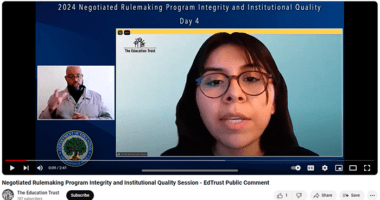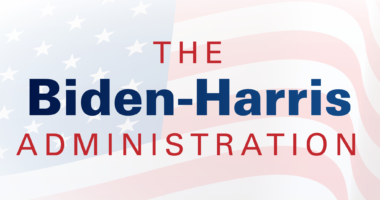3 Promising Issues in This Year’s State Legislative Session
We’ve already told you about the top emerging trends in state legislation this year. But what about bills that didn’t become laws? Some were, of course, duds, but others showed promise. Here are three issues we hope will resurface next legislative session:
Professional Development and Support for Teachers. The Louisiana Legislature considered a bill that required school districts to implement a system of graduated supports and development for teachers. For teachers with less than three years of experience, the system placed an emphasis on mentorship, feedback, and developing additional skills after the first year of teaching. Teachers in the classroom for more than three years, who received high evaluation scores, were given the opportunity to develop their leadership skills by joining peer assistance teams. After seven years of proven effectiveness, those teachers could become master teachers responsible for mentoring new teachers.
Although this bill didn’t become law, it offered a promising approach to supporting and developing teachers. First, the opportunity for mentorship and feedback from proven teachers has the potential to generate positive development for new teachers during what are often difficult initial years in the profession. Research shows that strong mentors help young teachers prepare for and adapt to the rigors of teaching. Second, the bill offers the opportunity for meaningful career development while also creating a collaborative environment for teachers — and we know that this is an important strategy for retaining quality teachers.
School Discipline. Although more than 50 bills were introduced on this topic in nearly 20 states and few became law, the administration’s release of school discipline guidelines — as well as research pointing to significant racial disparities in enforcement — is likely is tee up more conversation and legislation around this next session.
Perhaps one of this year’s better bills came out of Illinois. We liked the bill because it attempted to reduce discipline policies by limiting suspensions to the most serious behavioral issues — and only after all other intervention options had been exhausted. Additionally, the bill aimed to limit excessive school-based arrests to specified illegal activities and to encourage schools to clearly define the role of law enforcement on campuses by creating a Memorandum of Understanding with their local police departments.
College Affordability. One of the more alarming trends this year was the number of states that considered “Pay It Forward” proposals. Often presented as a debt-free solution, “Pay It Forward” — a loan program that would garnish students’ wages after graduation in order to pay for college, rather than asking for tuition money up front — is more likely to exacerbate the problems associated with college affordability. This session, more than 20 states proposed either a study or implementation of some version of “Pay It Forward.” Fortunately, the only state that passed anything was Louisiana, which requested the state Board of Regents to study the feasibility of implementing a program like this.
What would be more productive, for Louisiana and other states, are solutions to the college affordability crisis, like one introduced this year in Vermont, that address the fundamental reason for rising college costs: state disinvestment in state universities. The Vermont bill calls to restore the 1980 ratio of state funding (51 percent) to student tuition (49 percent) at state colleges. (Today, tuition represents 82 percent of total college revenue.) Replenishing state dollars for higher education, after years of deep declines in funding, is a crucial step toward helping colleges curb rising costs. More states should follow Vermont’s lead.
While states should avoid the “Pay It Forward” trap, we hope the other issues here will come back to dominate the discussion in 2015.












